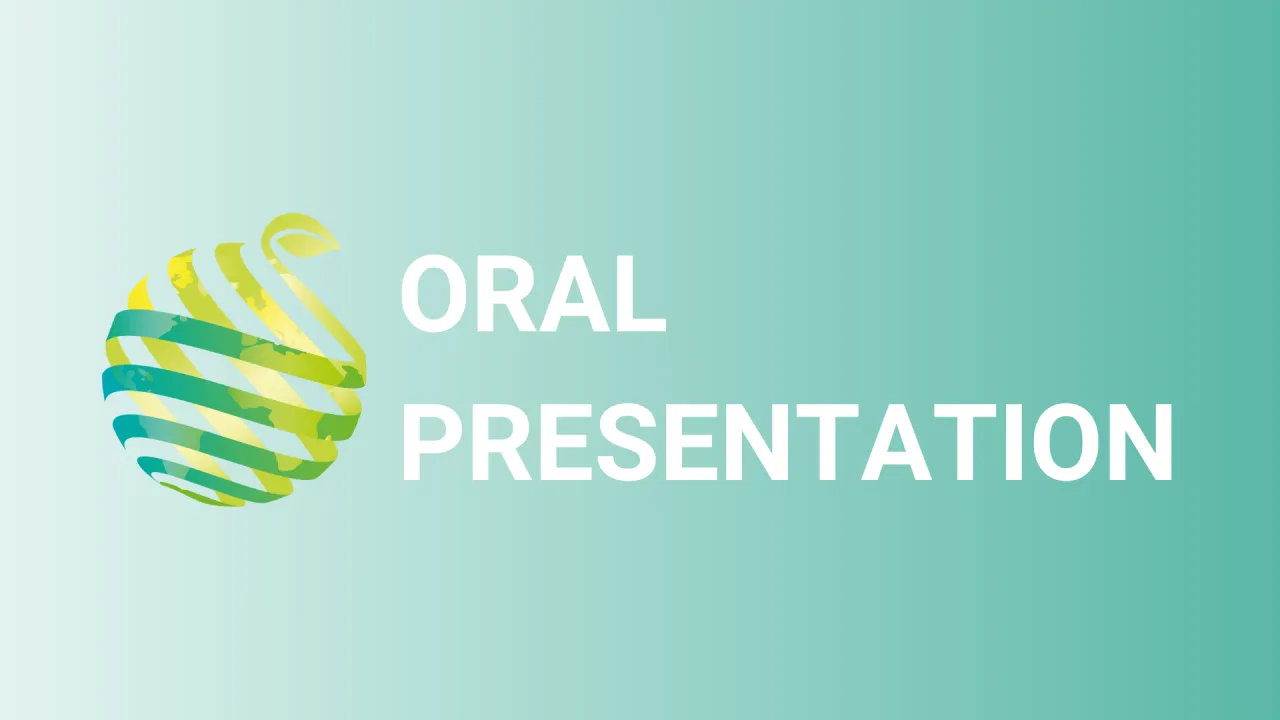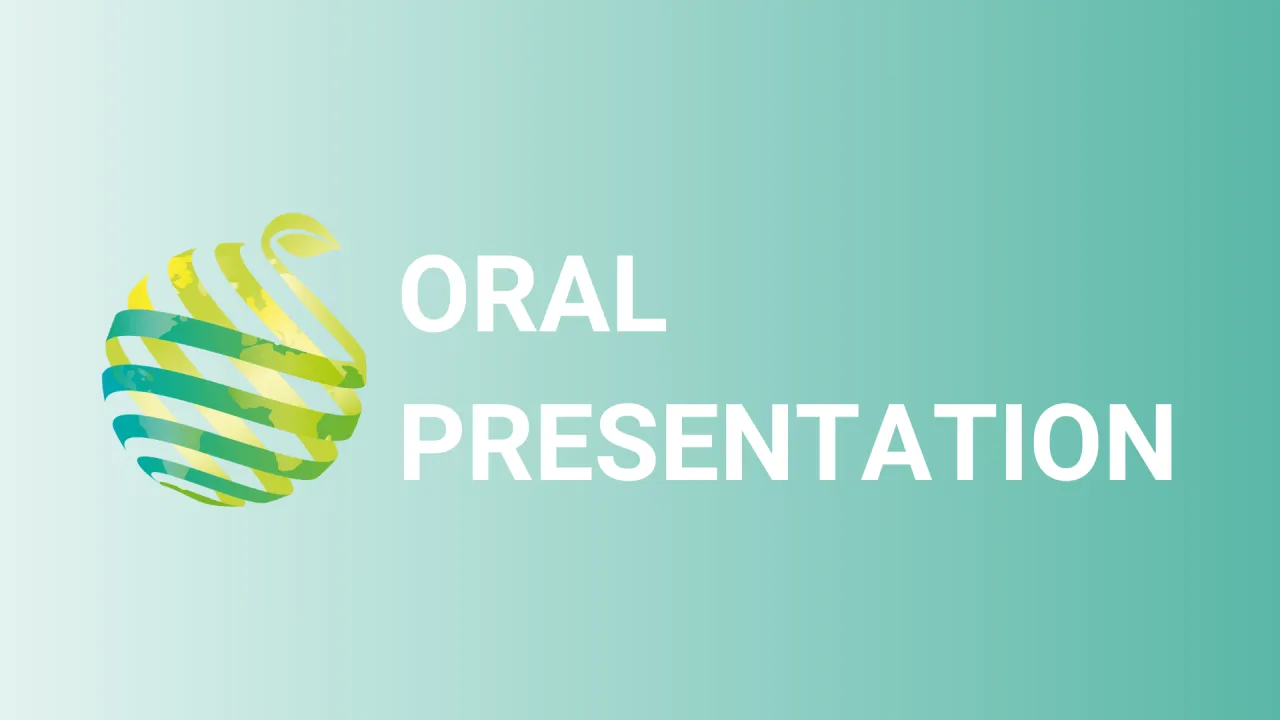

S02 - Session O3 - Malus germplasm in Germany: collection, conservation and evaluation
Information
Authors: Monika Höfer *, Stefanie Reim, Andreas Peil, Thomas Wöhner, Henryk Flachowsky
The wild-species Malus collection at the Julius Kühn Institute, Institute for Breeding Research on Fruit Crops, Germany, comprises 570 accessions of 46 species and represents one of the largest collections in Europe. The collection consists of two parts: one part represents the accessions collected decades ago and coming to Dresden from exchanges between historical arboreta or famous gene banks; and, the second part of the gene bank includes accessions collected during different expeditions. Material was collected during expeditions of the USDA from the primary gene pool in Central Asia ( Malus sieversii ), the expedition of the Institute of Plant Genetics and Crop Plant Research, Germany to China Sichuan Province and during the performed expeditions of the Julius Kühn-Institute to the Caucasus region ( Malus orientalis ) and to the native areas of Malus sylvestris . Since most of the temperate fruit species are genetically heterozygous and vegetatively propagated, this study recommends that these collections are generally maintained in the field. The plant material in active collections should be kept in duplicate to ensure security in case of disease or environmental disaster. The general protocol of the cryopreservation using dormant bud method and the handling details were adapted to Central European weather and to the lab conditions. Currently, dormant buds of 147 accessions are stored in liquid nitrogen as duplicate in cryopreservation. In addition to the above conservation activities, seeds of the native wild apple ( Malus sylvestris ) have been produced by selective crossing and sent for storage in the Svalbard Global Seed Vault Norway.